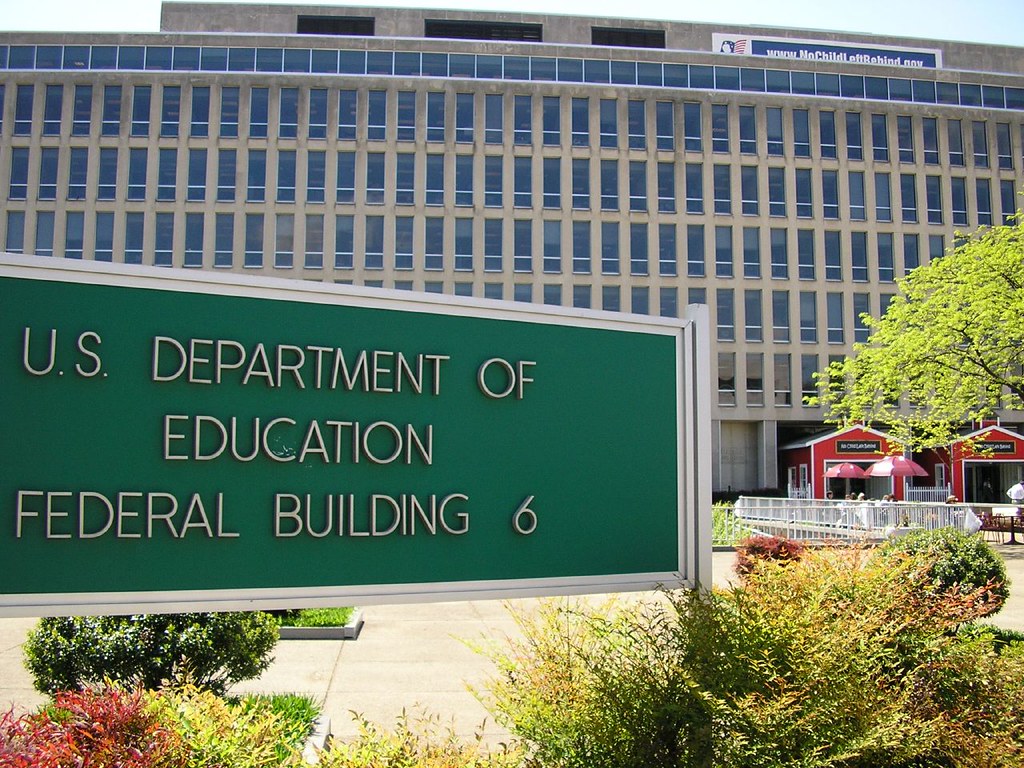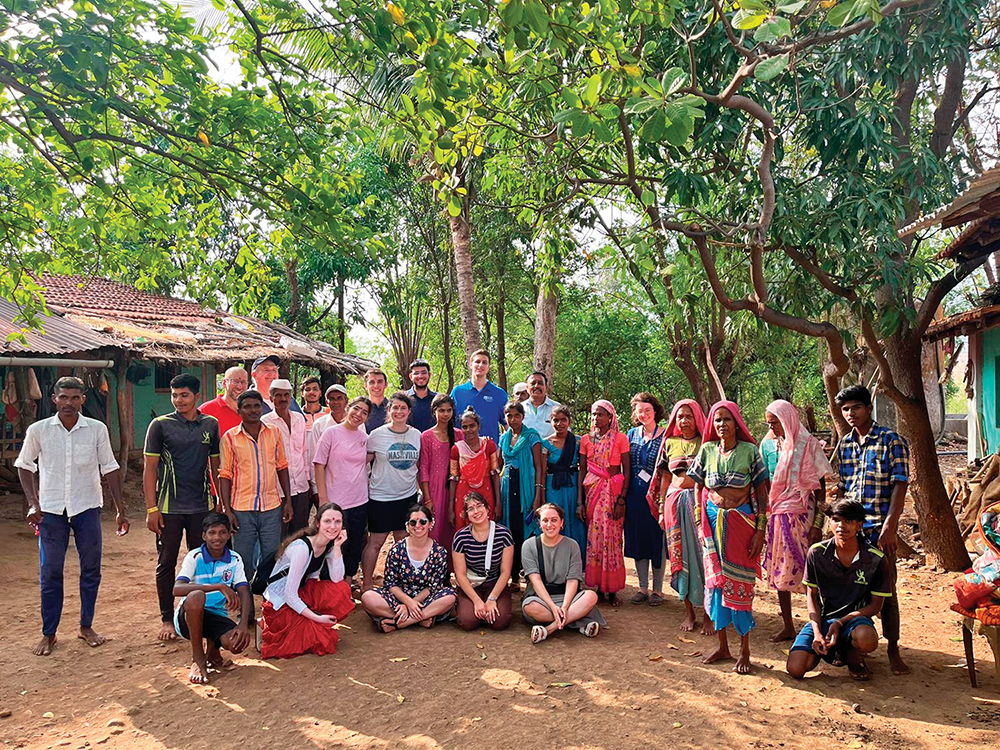
(Courtesy of OU) As an EMT at Teaneck Volunteer Ambulance Corps (TVAC) and student at Rutgers Robert Wood Johnson Medical School, Nechama Deena Korenblit is used to interacting with people affected by poverty. But on her recent travels to the slums and rural villages of India, the 27-year-old soon-to-be emergency medicine resident witnessed poverty on a whole new scale.
Korenblit was among nine young professionals ages 18-29 who participated in a weeklong mission to Mumbai as part of Orthodox Union Relief Missions, and said that although she was emotionally prepared for the impoverished lifestyle, experiencing it firsthand through the eyes of those suffering was entirely different.
“The extent of the poverty in the villages is beyond what most Americans can truly grasp,” she noted. “The average income is about $250 a year, a home consists of a mud hut or tent, beds are simply mats on the ground, and women walk to and from the well to get their families water. Witnessing the villagers’ resilience in the face of obvious impoverishment was inspiring. It would be an honor to care for such strong individuals and communities as I move forward in my medical career.”
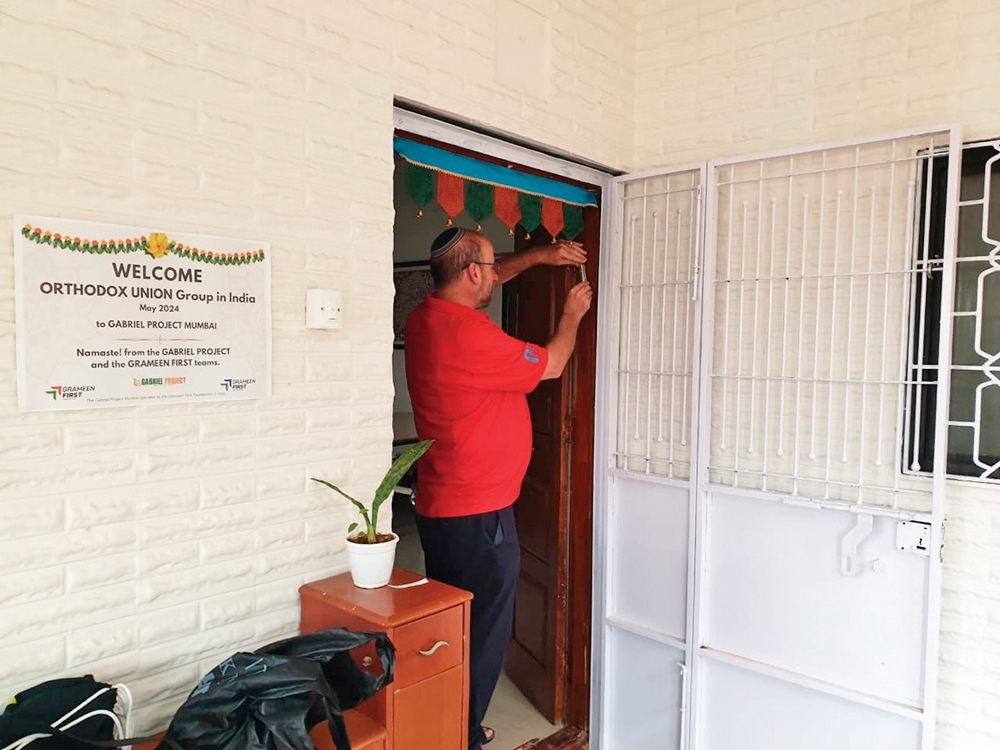
Since 2005, the OU has run over 250 relief missions to over 20 national and international locations. This was the organization’s first trip to India, which was led in conjunction with Gabriel Project Mumbai (GPM), an Israel-based nonprofit. Founded in 2012 by Israeli social entrepreneur Jacob Sztokman, GPM works with communities in Mumbai’s underserved urban communities and Maharashtra’s historically marginalized rural tribal villages.
“We’re always looking for new projects and ways to help others,” said OU Relief Missions Founding Director Rabbi Ethan Katz. “GPM is an exciting one. Our group stayed and worked in the Mokhada Village, where everything has an Israeli connection. Their field hospital has an air purification system donated by GPM with a bunch of Jewish names attached to it.”
Home to about 150,000 people mostly from the indigenous Adivasi tribes, Mokhada Village is a rural region in India’s Maharashtra state. It is located four hours north of Mumbai, where the group spent the first leg of their trip touring various sites, including two active shuls and Elephanta Island, renowned for its caves containing sculptures that merge Hindu and Buddhist beliefs. They also learned about Mumbai’s rich Jewish history in an engaging session led by Sztokman.
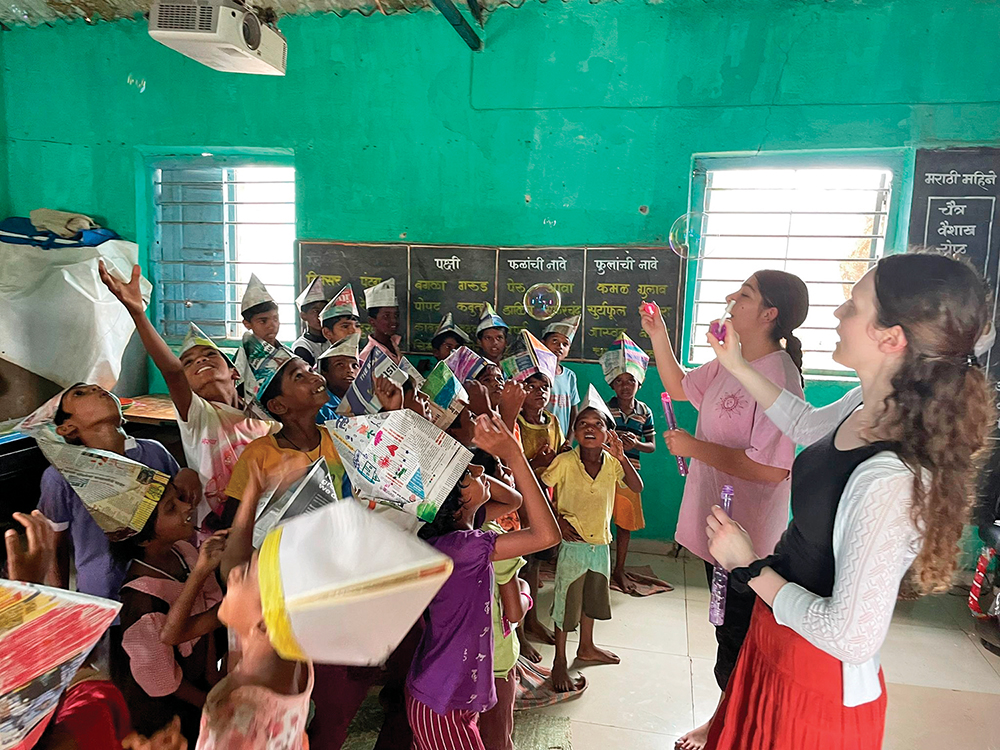
“India’s Jewish history is fascinating and dates back to Churban Habayit Rishon,” said Katz, referring to the destruction of the First Temple. “There are less than 4,500 Jews in India, and it’s questionable how many people are actually Jewish. The communities of Bnei Menashe, Bnei Ephraim and Bnei Israel each have completely different minhagim.”
Over the course of their stay, the group participated in a number of exciting projects, including working at two women’s manufacturing collectives; one, Sundara, manufactures soap, while the other, Naya, creates products including bags, stationery and placemats from recycled paper.
“One of my favorite projects is the soap collective,” said Katz. “Hotels give visitors a fresh bar of soap every day. GPM collects hundreds of used bars, which they scrape down and sanitize. They then create new ones and distribute 300,000 bars throughout the school system as part of a program that teaches kids about proper hygiene, which we led as well.”
The team also ran two camps over three days for children in kindergarten through high school, and led math, science and art programs and other activities.
Twenty-two-year-old Joseph Segal of East Brunswick holds a B.A. in biology from Yeshiva University and, like Korenblit, is pursuing a medical career. Segal was touched by his interactions with the young Indian students.
“After teaching them how to make origami hats out of newspaper, we helped them decorate their creations,” he reflected. “Even in a place that is essentially cut off from the rest of the country and where food is scarce, the children’s faces lit up with wonder at the idea of drawing and coloring.
“During this activity, I sat down with a group of kids and taught them how to write their names in English onto their hats while they taught me how to write mine in Marathi, their native language. Seeing the pure joy on each of their faces will be etched into my memory for a long time.”
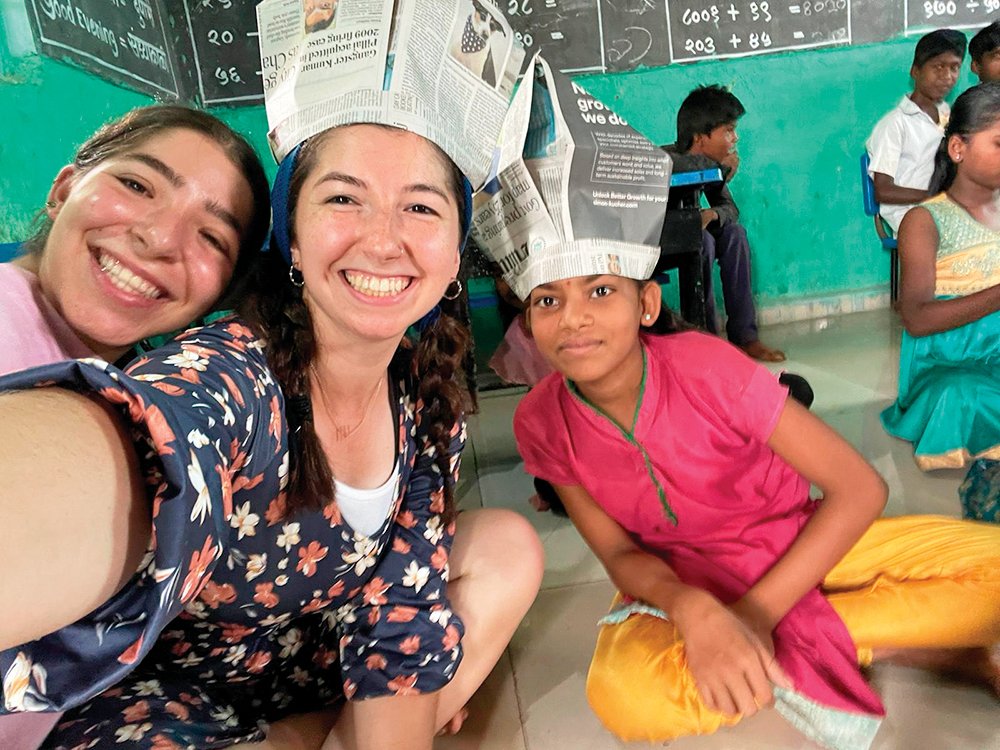
Katz said that no matter where the OU runs a relief mission, the group is entirely transparent about their Judaism and pursuit of chesed as a fundamental value. “Over 100 times, people have approached our mission group and told us that they stand with Israel and pray for our homeland at their churches. When we go out and do these chesed activities, we show that’s what Israel and the Jewish people are all about — helping others.”
Their advocacy work for Israel continues, said Rabbi Katz, once participants return to work and share their experiences with their colleagues.
“The world may be biased against Israel, but we just spent the past couple of weeks in Mumbai, doing chesed and tikkun olam,” he said. “While there are those who may want to stereotype us, we’re showing people who we really are as a nation committed to acts of kindness.”
For both Korenblit and Segal, the mission was life-changing, and made them appreciate their blessings even more. “I gained so much respect for the Mokhada villagers, which can be generalized to individuals with cultures and traditions differing from my own,” said Korenblit. “I also increased my gratitude for all of the privileges that are so easily taken for granted personally.”
Segal added, “While the mission was only a week long, it enabled me to realize how manageable my problems are compared to those of the Mokhadan villagers. From our point of view, they lead extremely difficult lives. Upon visiting the different villages, however, it became readily apparent that people were content and happy with their lives. It goes to show that all the luxuries back at home are not needed for happiness in life. The mission also made me more appreciative of those at home whom I love and who have been there for me through thick and thin. I plan to increasingly express my gratitude to those people, and, of course, to God.”


